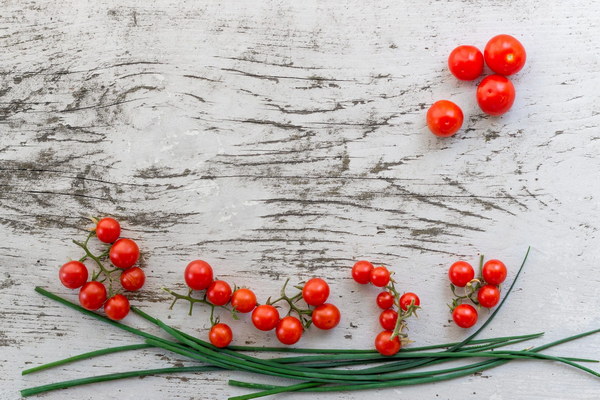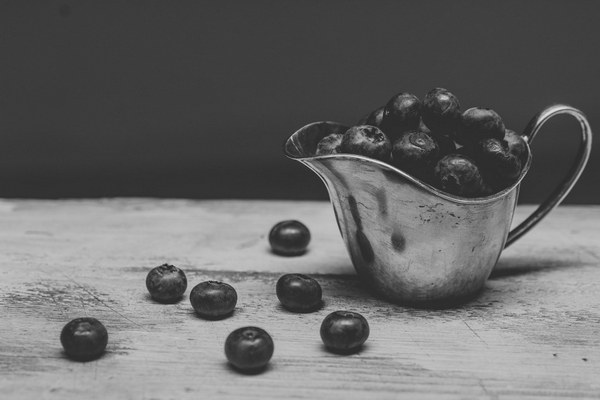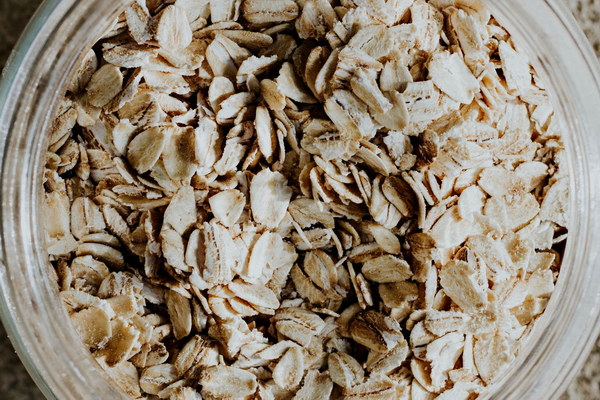Nourishing Your Blood and Qi A Guide to Traditional Chinese Herbs and Foods
In the realm of traditional Chinese medicine (TCM), the concept of blood and qi is central to maintaining overall health and vitality. Blood, often referred to as xue in Chinese, is the substance that nourishes the body, mind, and spirit. Qi, or qi in Chinese, is the vital energy that flows through the body, providing warmth and movement. When blood and qi are in balance, one experiences optimal health. However, when these vital substances are deficient or imbalanced, various health issues may arise. This article delves into the world of traditional Chinese herbs and foods known to nourish blood and qi, offering insights into how to incorporate them into your diet for a healthier life.
Understanding Blood and Qi
To comprehend the importance of blood and qi, it's essential to understand their functions in the body. Blood, according to TCM, is responsible for transporting nutrients, oxygen, hormones, and immune cells throughout the body. It also plays a crucial role in the skin's health, hair growth, and reproductive functions. On the other hand, Qi is the energy that powers all physiological processes, including digestion, respiration, and circulation.
Herbs for Nourishing Blood and Qi
Traditional Chinese herbs have been used for centuries to support blood and qi health. Here are some of the most renowned herbs:
1. Angelica Sinensis (Dang Gui): Known as the king of blood tonics, Angelica Sinensis is used to nourish blood, regulate menstruation, and alleviate pain.
2. Polygonum Multiflorum (He Shou Wu): This herb is celebrated for its anti-aging properties, as it strengthens the kidneys, nourishes the liver, and invigorates the blood.
3. Astragalus (Huang Qi): A well-known adaptogen, Astragalus enhances the immune system, supports respiratory health, and fortifies the body's defense against external pathogens.
4. Codonopsis Pilosula (Dang Shen): This herb is renowned for its energy-boosting properties, as it strengthens the spleen and boosts Qi, especially when it's depleted due to chronic stress or illness.
5. Rehmannia Glutinosa (Shu Di Huang): Known for its blood-nourishing effects, Rehmannia Glutinosa is used to support reproductive health, improve skin complexion, and alleviate anemia.
Foods for Nourishing Blood and Qi
In addition to herbs, certain foods are believed to nourish blood and Qi. Incorporating these into your diet can help maintain a balanced and robust health:
1. Red Meat: Red meat, such as beef and lamb, is rich in iron, which is essential for blood production.

2. Dark Leafy Greens: Spinach, kale, and collard greens are excellent sources of iron, calcium, and vitamin K, all of which support blood health.
3. Beets: Beets are high in nitrates, which can improve blood flow and support heart health.
4. Goji Berries: These berries are a powerhouse of antioxidants and are believed to nourish the kidneys, improve vision, and invigorate the body's energy.
5. Soy Products: Tofu, tempeh, and edamame are excellent sources of plant-based protein and iron, making them ideal for those who prefer vegetarian or vegan diets.
Conclusion
Incorporating traditional Chinese herbs and foods known to nourish blood and Qi can be a great way to support overall health and well-being. However, it's essential to consult with a healthcare professional or a TCM practitioner before starting any new supplement or dietary regimen, especially if you have pre-existing health conditions or are taking medication. By understanding the importance of blood and Qi in TCM and exploring the various herbs and foods that support their balance, you can take steps towards a healthier, more vibrant life.









